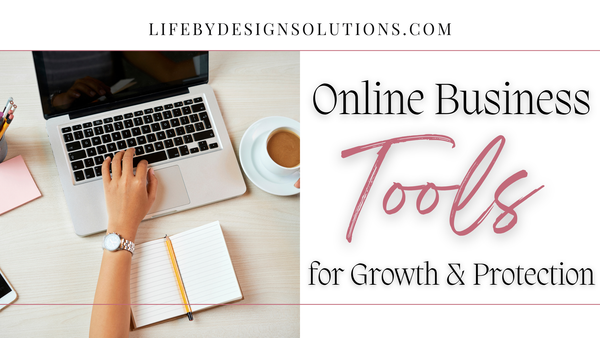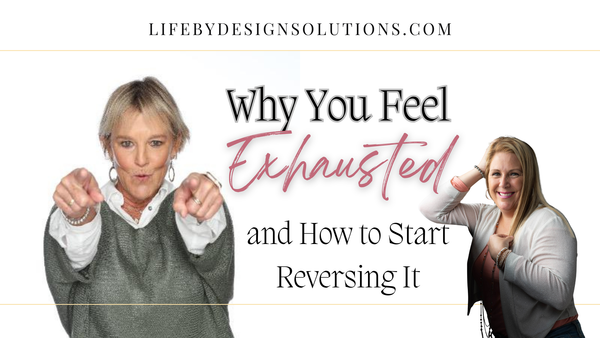How Poverty Affects Mental Health: Breaking the Silence During Mental Health Awareness Month
Poverty deeply affects mental health, contributing to stress, anxiety, and depression. In honor of Mental Health Awareness Month, let's break the silence. Learn how financial hardship impacts mental well-being and discover resources for support, including a free 5-day Christian mentorship trial.
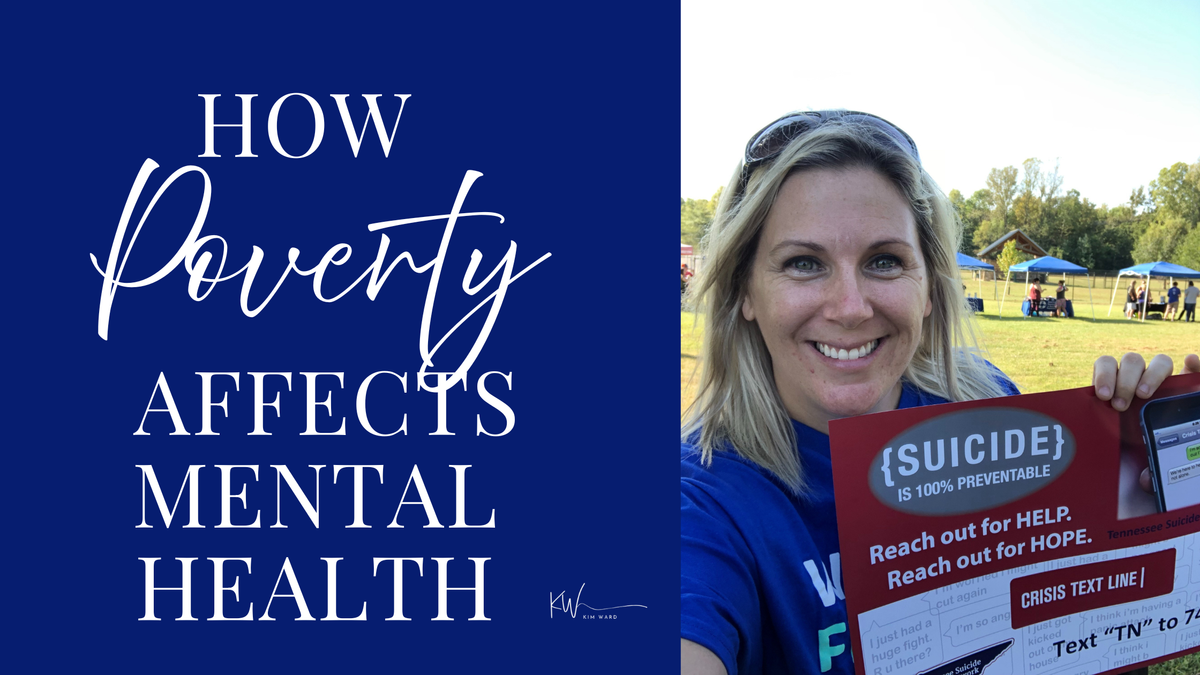
May is Mental Health Awareness Month, a time when we come together to raise awareness, share stories, and offer support for those facing mental health challenges.

For me, this month holds deep personal significance. I’m not just someone who advocates for mental health—I’ve lived through it. As a suicide attempt survivor and someone who has tragically lost both my sister and mother to suicide, I understand the overwhelming weight that mental health challenges can have on one’s life.
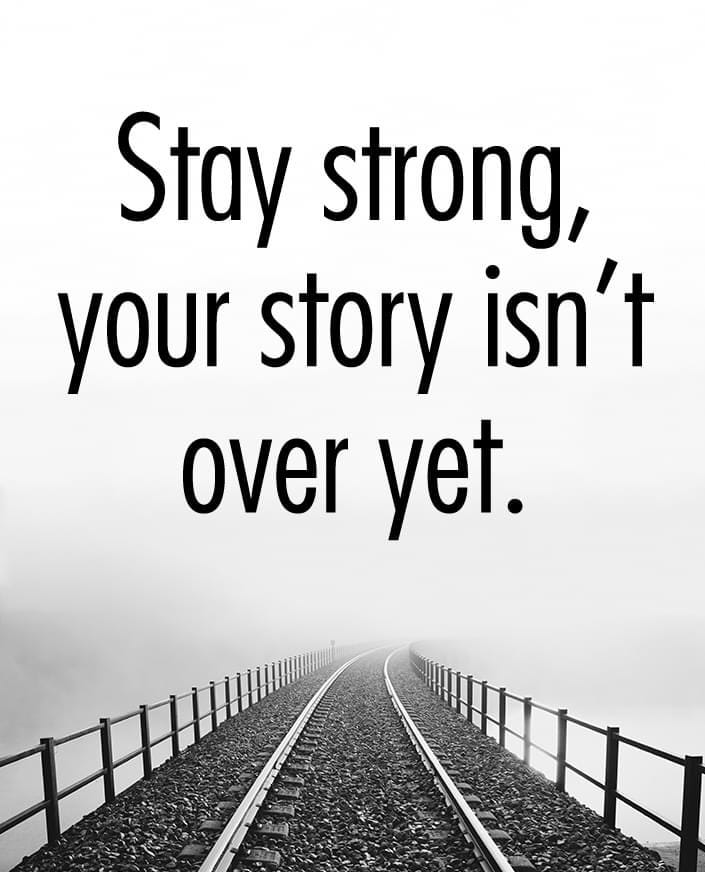
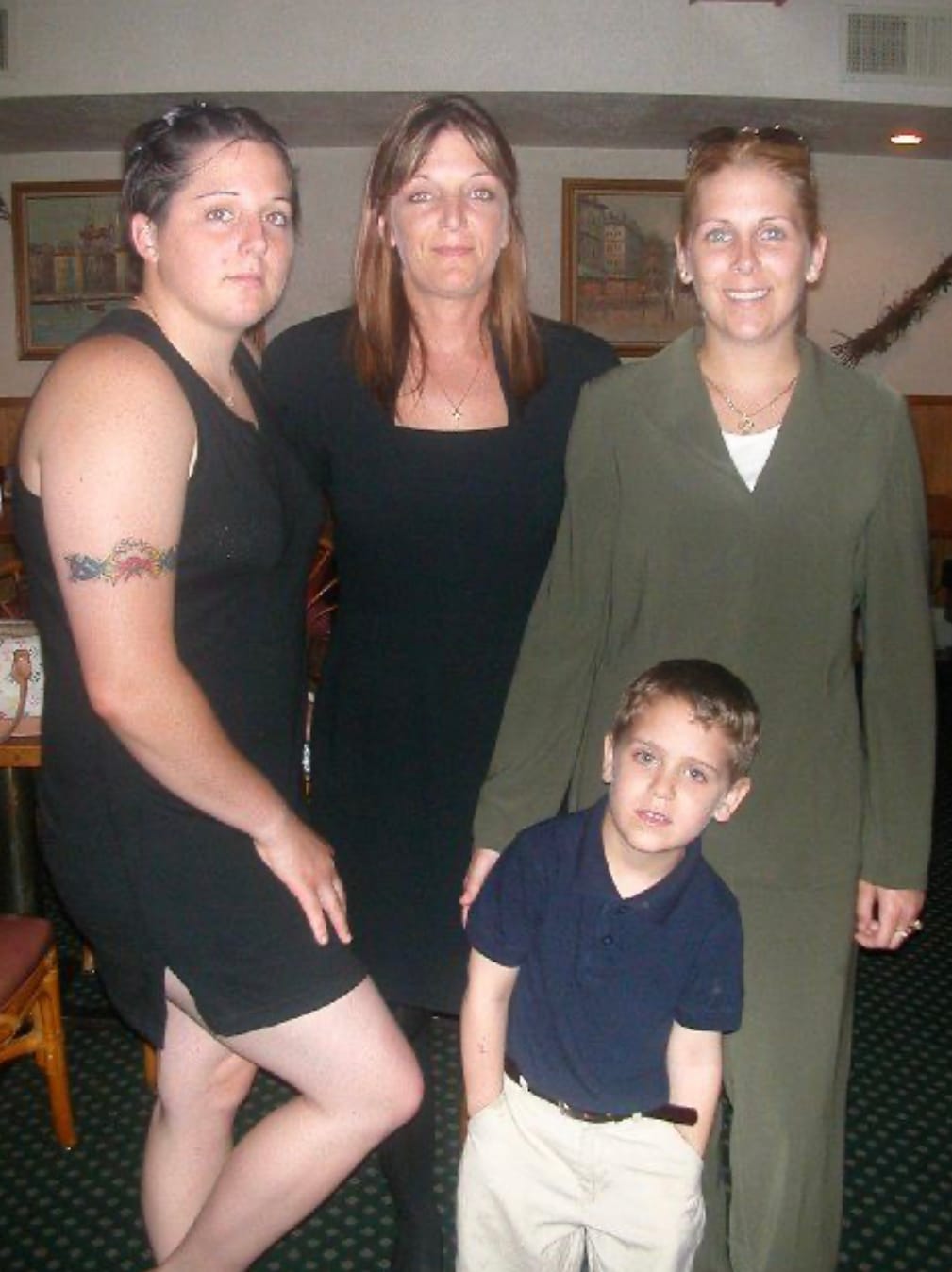
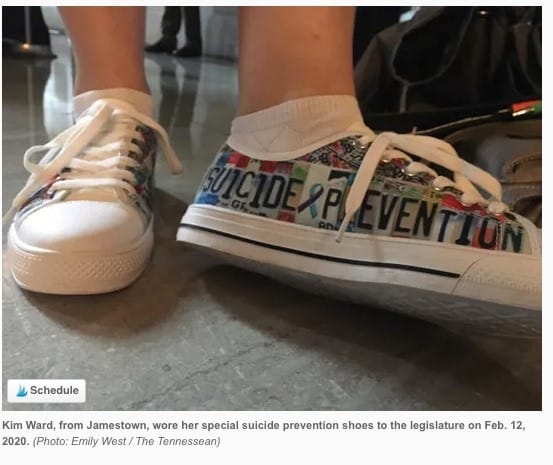
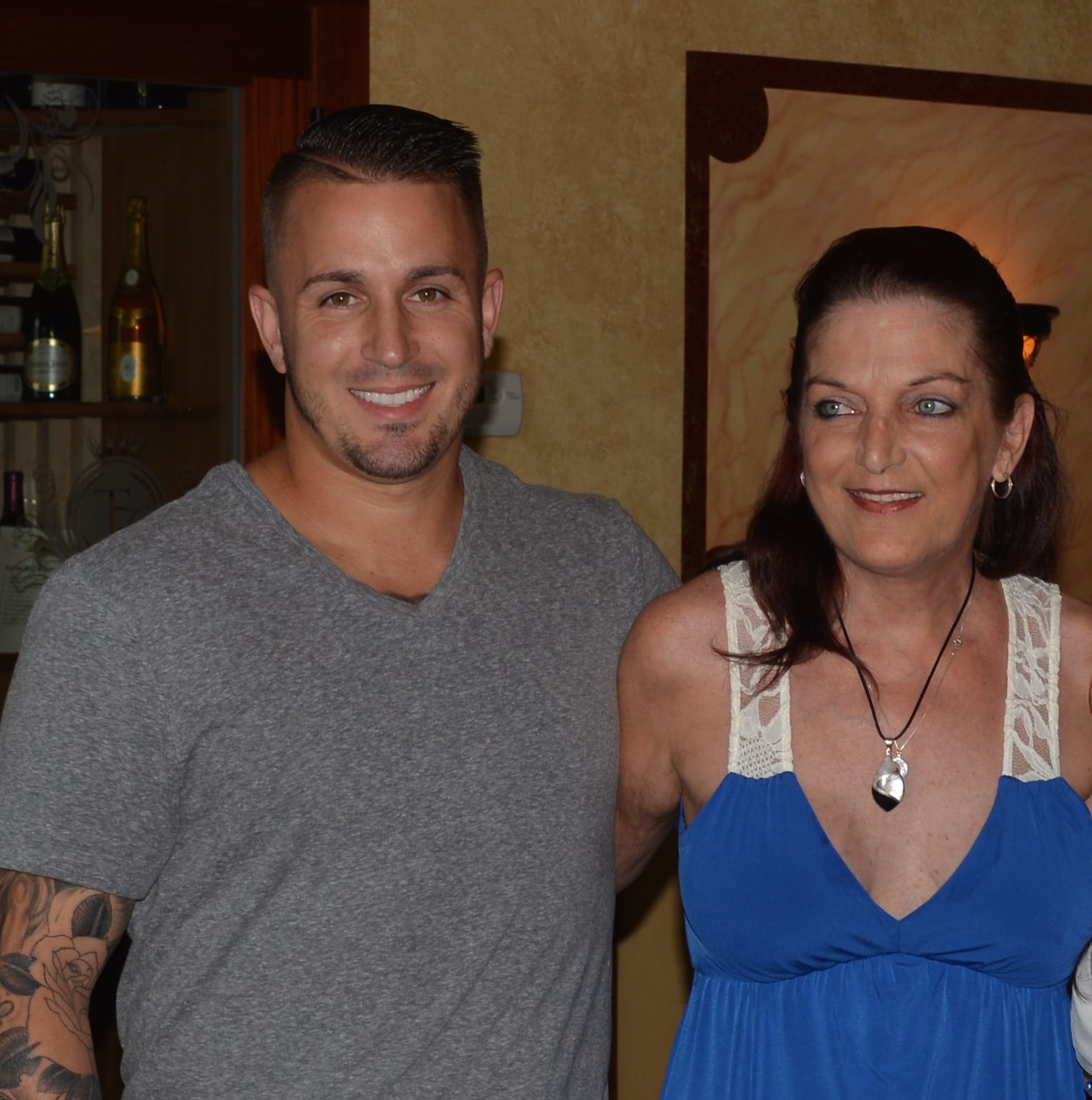

One of the often-overlooked factors contributing to mental health struggles is poverty. In today’s blog, I want to shed light on how poverty can deeply affect mental health, creating an unrelenting cycle that’s difficult to escape. I share this from a place of both understanding and compassion—because if you’ve been there, you know the toll it takes.
The Emotional Toll of Financial Strain
Living in poverty isn’t just about struggling to make ends meet. It’s about the constant emotional strain of never knowing if today will be the day your finances will break you. Stress becomes a daily companion, and anxiety follows you everywhere—whether you’re in a grocery store, paying bills, or trying to get through another sleepless night. When money is tight, every decision feels heavy, and the burden of not having enough can cause emotional exhaustion that wears you down over time.
The stress that comes with financial instability can lead to feelings of hopelessness. It's easy to think that no matter how hard you try, things will never improve. This constant battle creates a mental environment where it becomes difficult to feel motivated, hopeful, or capable of change.
When a person faces this kind of emotional burden, it can lead to other serious mental health issues, such as depression, anxiety, and even suicidal thoughts. I know this intimately—after my own attempt to take my life, I realized that part of the pain I was experiencing was the result of feeling trapped—by the belief that there was no way out.
Poverty’s Impact on Access to Care
For many individuals living in poverty, mental health services can feel like an unattainable luxury. Whether it’s because of lack of insurance, the high cost of therapy, or the lack of availability in their area, receiving the care they need can feel impossible. Even when help is available, it may not be accessible due to stigma, cultural barriers, or lack of awareness about mental health resources.
When a person’s basic needs are not met—like food, shelter, and healthcare—mental health often falls to the bottom of the priority list. The focus is on surviving today, not seeking therapy or trying to understand the mental struggles that are often ignored. Psychological distress can worsen when people in poverty don’t have the opportunity to access support systems that could alleviate their suffering.
Having lost my sister and mother to suicide, I know firsthand how critical it is to have access to proper mental health resources—and how dire the consequences can be when those resources are not available. We can’t afford to wait until someone is on the brink of a breaking point to offer support. We need to break the barriers that prevent people from reaching out for help when they need it the most.
The Isolation and Shame of Living in Poverty
There is an overwhelming sense of isolation that comes with living in poverty. Many people experiencing financial hardship feel deeply ashamed of their situation. They don’t want to reach out to others for help because they feel like a burden. The shame of not being able to provide for yourself or your family can be debilitating.
This isolation only deepens the mental health struggles. Social support is critical for healing, but when you're living in poverty, it can feel like everyone around you is too busy or too consumed with their own problems to offer a helping hand. This sense of disconnection from others compounds the pain, and it becomes harder and harder to imagine a life where things could get better.
This is where we must shift the narrative. The shame around poverty needs to end. People living in poverty aren’t to blame for their situation—systems of inequality, economic disparity, and lack of opportunity are contributing factors that keep many in a cycle of hardship. Let’s be compassionate, open, and supportive in how we treat those who are struggling.
Breaking the Cycle: What Can We Do?
So, how do we break this cycle? It starts with awareness, compassion, and access. We need to acknowledge how deeply poverty affects mental health and recognize that it’s not just an issue of financial instability—it’s an issue of human dignity and well-being.
Here are a few ways we can help:
- Advocate for Policy Change: Support policies that improve access to mental health care, address income inequality, and provide economic support to those in need.
- Donate and Volunteer: Support organizations that provide mental health resources, food banks, and housing to those who need it the most. Every small action counts.
- Start the Conversation: Talk openly about mental health and poverty. The more we talk about it, the more we can help break the stigma and encourage others to seek help without feeling ashamed.
- Offer Support and Empathy: Reach out to people in your community who may be struggling. Sometimes, just letting someone know you care can be the difference between life and death.
- Invest in Your Own Mental Health: Take the time to check in with your own well-being. When we’re mentally healthy, we are better equipped to support others who are struggling.
A Message of Hope and Support
If you’re reading this and you’re struggling, I want you to know that you’re not alone. There is help, and there are resources available. If I can survive, you can too. If my sister and mother had had access to the right mental health resources, their stories might have been different.
If you’re looking for spiritual guidance and Christian mentorship, I invite you to take part in a free 5-day trial of my app, where you’ll be mentored under the wing of Graham Cooke. He helps people like you connect with God on a deeper level and find strength and peace during life’s most difficult challenges.
Additionally, if you’re looking for a way to break the poverty cycle, I encourage you to check out my article about affiliate marketing for beginners. It’s a simple way to get started on your own journey to financial freedom and create a better future for yourself and your family.
And if you or someone you know is in immediate crisis or struggling with thoughts of suicide, please reach out to 988, the National Suicide Prevention Lifeline. Help is available, and you don’t have to go through this alone.
Together, let’s make mental health a priority and help those in need find the hope and resources they deserve.
Disclaimer:
I am not a licensed mental health professional. If you or someone you know is experiencing a mental health crisis, please seek professional help immediately. The resources shared in this article are for informational purposes only.


